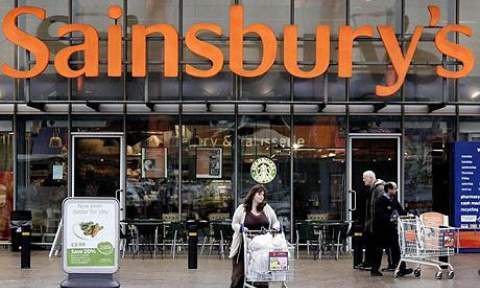Brandon Baker — Nation of Change
It’s good to refrain from wasting energy, but it’s even better to procure energy from items that you otherwise would waste.
That’s the thinking behind the latest announcement from Sainsbury’s, the second largest chain of supermarkets in the United Kingdom. The chain’s Cannock location will soon be powered solely by the company’s own food waste. Waste management and recycling firm Biffa has partnered with the store to use its advanced anaerobic digestion (AD) facilities and a power link that allows the Cannock store to use the waste generated from Sainsbury’s other locations.
“This groundbreaking project helps to close the loop on food recycling and [allows] Sainsbury’s to continue to send zero operational waste to landfills,” reads the chain’s announcement.

“Food waste” to-energy processing should be our last resort considering the very low return on energy, material, and water that were invested in the food. There is no single cure, or silver bullet for food waste reduction therefore, we should address the food waste problem in every link in our food supply chain. For example, the excess inventory of fresh perishables close to their expiration on supermarket shelves, combined with the consumer “Last In First Out” shopping behavior, might be the weakest link of the fresh food supply chain.
The new open GS1 DataBar standard enables applications that encourage efficient consumer shopping by offering him automatic and dynamic purchasing incentives for fresh perishables approaching their expiration dates before they end up in a landfill.
The “End Grocery Waste” App, which is based on the open GS1 DataBar standard, encourages efficient consumer shopping behavior that maximizes grocery retailer revenue, makes fresh food affordable for all families and effectively reduces the global carbon footprint.